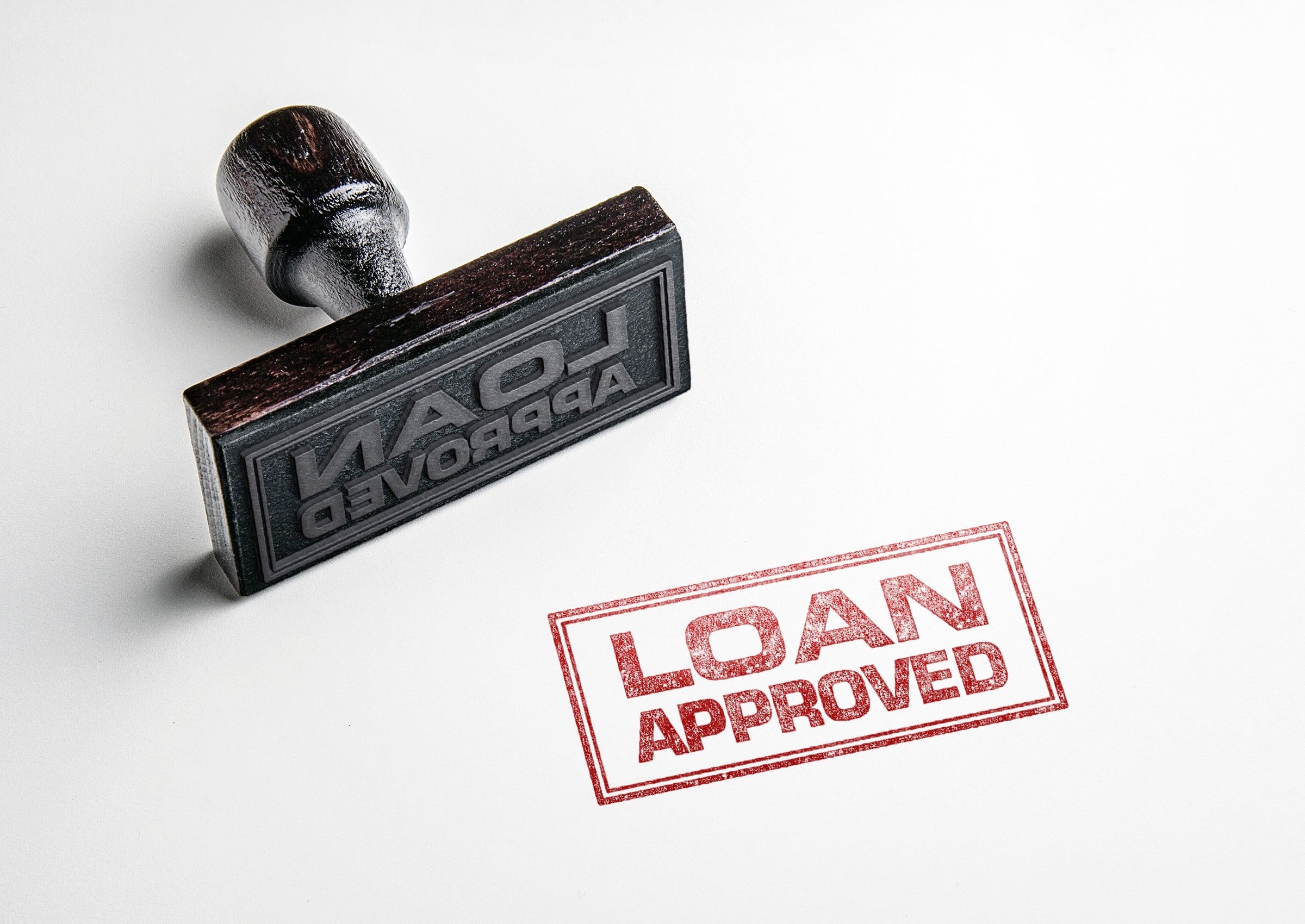Ever ask yourself “Can I Change My Student Loan Repayment Plan?” If you’re having difficulty paying your student loan, there’s an option for you to change its repayment plan. You can also avail yourself of alternative payment plans for private student loans. Talk with your lender about it or read the loan agreement to figure out what you can do to have an advantageous monthly payment and repayment period.
Typically, you’ll have a longer repayment period if your monthly payment is lower, which means that the interest rate will be higher. So, if your student loan’s current repayment plan doesn’t go well with your finances, it’s time to customize it. Read this guide to know how to change your student loan repayment plan.
Steps to Changing Your Student Loan Repayment Plan
Just follow this step-by-step guide if you think changing your student loan repayment plan suits your financial situation.
- Pick The Best Plan for Your Needs. You can visit the websites of the National Student Loan Service Centre to figure out how much savings you can get for various plans. Just enter your loan information on these sites to look for the best repayment strategy for your student loan.
- Talk with Your Loan Servicer. There’s no third party involved if you’re going to choose another repayment plan for your student loan. Just talk with your loan servicer about it to start the process. You can start repaying your Canada Student Loans six months after finishing school or transitioning from part-time to full-time studies.
- Prepare The Necessary Documents. The most important document you must fill out is your application for changing your repayment plan. You need this form if you’re going to pick an income-driven repayment strategy or a student loan consolidation. Your loan servicer will also inform you about other paperwork that you need to complete.
- Know the Payment Dates. It’s essential to pay your loans on time. So, if you choose to switch to another payment plan, make sure to check the payment deadlines to avoid late payments. You also have to know that changing your repayment plan takes some time to process.
- Inform Your Loan Servicer for Auto-Pay Your Loan. Typically, having a new repayment plan for your student loan doesn’t necessarily require a new loan servicer. But, if you opt for loan consolidation, you can choose to work with a new loan servicer. In such a case, make sure to inform your new loan servicer about your payment details, especially if you’re on pre-authorized payments, to ensure that funds are withdrawn from your bank account automatically.
How many times can I change my student loan repayment plan?
You’re allowed to switch repayment plans as often as needed. But you must keep in mind that opting for a lower monthly payment for your student loans may increase the interest you have to pay. That’s why it’s crucial to think carefully before you decide to change your repayment plan.
It’s advised to go for a higher monthly payment but a shorter loan term if you can afford it to pay off your loans faster. It’s not easy to have a debt obligation for many long years.
Repayment Plan Options
Here’s a list of options that you have to know if you want to choose a student loan repayment plan that fits your financial circumstances.
Graduated Repayment
This option allows you to pay your student loan for ten years. The interesting feature of a graduated repayment plan is that you can avail of lower monthly payments at the beginning, and then the amount goes higher every two years.
Compared to a standard plan, you’ll have to pay a higher sum of cash in the last few years of your loan if you choose a graduated repayment plan.
Income-Driven Repayment Plans
You can find student repayment plans that are based on your current income. The good thing about these repayment options is that you can ensure that you’re able to afford your monthly payment.
Two examples of income-driven repayment plans are Revised Pay As You Earn and Pay As You Earn. Such plans limit your payments every month at 10% to 15% of your disposable income. However, not all loan providers have these repayment plans. So, make sure to ask your lender about their student loan repayment options.
Extended Repayment
This repayment plan can extend your student loan term for up to 25 years, and you can choose a graduated or fixed rate. If you have direct loans exceeding $30,000, you can pick this student loan repayment plan.
Consolidation
If you’re struggling to pay several student loans with different interest rates and loan amounts, you can go for debt consolidation. This option consolidates your debts into one payment. Once a month you’ll have to pay an amount lower than your previous plans, but the repayment period is longer.
Forbearance
Are you out of employment and can’t afford to pay your student loans? Well, you can pause your payments on your student loans for up to 12 months by requesting a forbearance. However, the disadvantage of this option is that you’ll still be charged the interest during that period.
Moreover, people who can qualify for forbearance are those who are serving the military, working in the medical field and low-income earners. You better talk with your loan provider if you’re qualified for a forbearance.
Deferment
Like forbearance, deferment also allows you to pause your student loan payments but for a period of approximately three years. The good thing about deferment is that you won’t have to pay for interest during this period if your student loans are subsidized. For unsubsidized student loans, the interest will continue to accrue.
You can qualify for a deferment if you’re still in college, without a job, having financial difficulties, or serving in the military.
Takeaway
Yes, you can change your student loan repayment plan so that you won’t find it hard to pay it. There are various options that you can take for this purpose. Make sure to consult the debt experts at debt.ca before you switch your student loan repayment plan.









